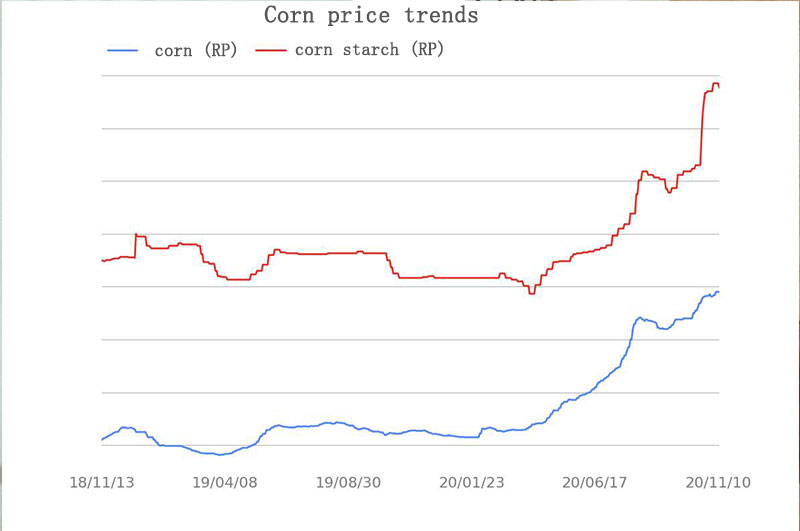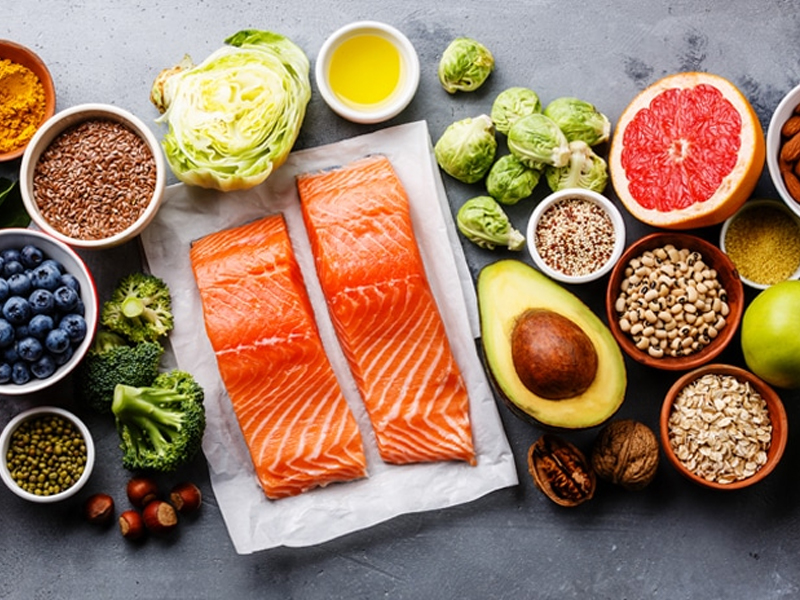Organic inulin is a type of prebiotic fiber that is extracted from organic plants, mainly Jerusalem artichoke tubers. Prebiotics are compounds that stimulate the growth and activity of beneficial bacteria in the gut, which are essential for health and immunity. Inulin has been used for centuries as a natural sweetener and food ingredient, but it also has some historical and cultural significance.
Inulin in Ancient Egypt and the Middle East
One of the earliest uses of inulin was by the ancient Egyptians, who cultivated chicory plants for their roots. Chicory roots contain high amounts of inulin, which can be roasted and ground to make a coffee-like beverage. Chicory coffee was popular in Egypt and other parts of the Middle East, as well as in Europe during times of coffee shortage or rationing. Chicory coffee is still consumed today in some regions, such as New Orleans, where it is blended with regular coffee to create a distinctive flavor.
Inulin in Native America and Europe
Another historical use of inulin was by the Native Americans, who harvested wild Jerusalem artichokes for their tubers. Jerusalem artichokes are native to North America and were one of the first crops cultivated by the indigenous people. They used the tubers as a staple food source, as well as a medicine for various ailments. Jerusalem artichokes were also traded with European settlers, who introduced them to other parts of the world.
Inulin from Jerusalem Artichoke
Jerusalem artichoke (Helianthus tuberosus L.) is a perennial tuber plant that belongs to the sunflower family. Its tubers are made largely of carbohydrates, mainly in the form of inulin. Inulin is soluble fiber and contains a short chain of fructose molecules as β-2,1 fructan.
Inulin from Jerusalem artichoke has several advantages over other sources of inulin, such as chicory root. Jerusalem artichoke can grow in diverse climatic and soil conditions, has high yield potential, and requires low input and maintenance. Moreover, Jerusalem artichoke inulin has a higher degree of polymerization (DP) than chicory root inulin, which means it has longer chains of fructose units and higher molecular weight. This may affect its physicochemical properties and biological activity.
Inulin from Jerusalem artichoke has been shown to have various health benefits, especially for people with diabetes or metabolic syndrome. In animal studies, Jerusalem artichoke inulin has been found to lower blood glucose levels, improve insulin sensitivity, reduce oxidative stress, modulate gut microbiota composition and function, and protect against liver damage. In human trials, Jerusalem artichoke inulin has been reported to improve postprandial glucose response, increase satiety and fullness hormones, lower serum triglycerides and cholesterol levels, and enhance mineral absorption.
Inulin in Modern Times
In modern times, organic inulin has gained popularity as a functional food ingredient, especially for people with diabetes or digestive issues. Inulin has a low glycemic index, meaning it does not raise blood sugar levels as much as other carbohydrates. It also helps to regulate appetite and weight by increasing the feeling of fullness and reducing calorie intake. Moreover, inulin supports gut health by increasing the diversity and abundance of beneficial bacteria, which can improve digestion, immunity, and mood.
Conclusion
Organic inulin is a natural and versatile fiber that has a long history of use and benefits. It can be found in many fruits and vegetables, as well as in supplements and processed foods. By consuming organic inulin, people can enhance their health and well-being, as well as support organic farming and environmental sustainability.

